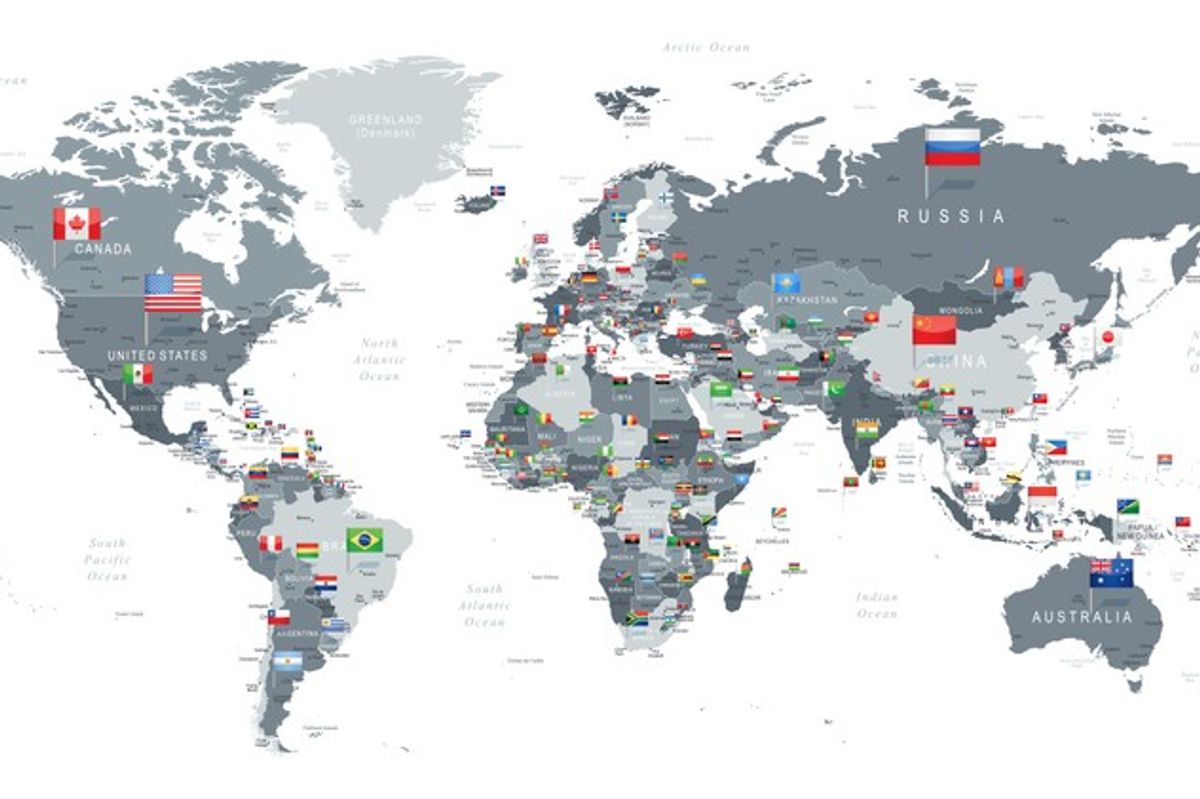The United Kingdom has voted to leave the European Union, sending shockwaves through the markets and setting the stage for political turmoil. The “Leave” camp emerged victorious in the historic referendum with 51.9 percent of the votes, while “Remain” received 48.1 percent.
But what could Brexit mean for security and defense?
In the short-term, the UK will most feel the impact in terms of its status as a security decision-maker in the EU, Dr. Benjamin Kienzle, a Lecturer in Defence Studies at King’s College London and an expert in international security, told The Cipher Brief. But the most important security implications of Brexit will emerge in the long-term, he said.
“It is fair to say that most analysts do not expect major national security impact in the short-term,” he said in an email. “The immediate impact will be mainly seen in the decreasing impact of the UK’s voice in security-relevant decisions taken by the EU.”
Beyond that, the UK faces many challenges ahead thanks to the global nature of today’s security issues, according to Kienzle.
“The UK will leave the forum where many of the most relevant security decisions in Europe are taken. Likewise, cooperation with like-minded countries in an institutionalized setting like the EU tends to be much more efficient in the long-term than negotiating new forms of cooperation from scratch, whenever the need for working with other nations arises,” he said.
The EU will also “clearly weaken” on the global stage, Kienzle suggested, as member states are “going to lose one of its most powerful member states in terms of military capability, intelligence gathering and diplomatic clout.”
In the UK, British Prime Minister David Cameron — who pushed for the UK to stay in the EU — announced on Friday he would resign and will likely be stepping down by October. Nicola Sturgeon, Scotland’s First Minister, said a second independence referendum is “highly likely,” while Sinn Féin, the Irish party that supports a union of the Republic of Ireland with Northern Ireland, has called for a vote on a United Ireland in the aftermath of the referendum.
Meanwhile, in the EU, top officials called in a joint statement for the UK to negotiate the terms of their departure “as soon as possible, however painful that process may be.”
“Although it will remain a full member for some time, as a member state set to leave, its voice will not be as strong as before,” Kienzle said. “This might have repercussions, for example, in the case of the sanctions against Russia, where the advocates of a strict sanction regime will lose the support of the UK.”
The financial realm has also been jolted, with the pound plunging to its lowest level since 1985 and stocks tumbling around the world as markets reacted to the uncertainty Friday morning.
It is crucial to assess “the new situation calmly and to provide as much context as possible,” Kienzle said, zeroing in on several major points that national security observers need to keep in mind after the vote.
The UK will not leave the EU overnight, he noted, and what is important for national security during this time is that “the UK will remain a full member of the EU, including all relevant security arrangements such as EU sanction regimes or the European Arrest Warrant.” And even after leaving the EU, “it is still possible that the UK participates in one way or another in these security arrangements”— depending on what relationship the upcoming negotiation between the EU and the UK will yield.
It is also important to remember that the UK will remain a member of other international security institutions, from major players like NATO and the UN to those like the OSCE and the Council of Europe.
National security watchers must also remember that “the level of European integration in the realm of security and military affairs is relatively low, especially in comparison with trade and other economic areas,” he said.
“The EU does not infringe the right of the UK – or any other member state for that matter – to take fundamental national security decisions on their own,” Kienzle said.
Defense and aerospace companies also weighed in on the news Friday. Airbus Group UK president Paul Kahn said in a statement the vote “should be seen as a wake-up call for Europe and as a catalyst for change.” Kahn said the aerospace and defense group was “disappointed” with the outcome.
“We will work constructively with the UK Government to minimize any impact on our operations,” Kahn said. “While we are disappointed, clearly we will continue to support our workforce and operate our UK facilities. We will study the longer term consequences of this decision on the competitive environment.”
Rolls-Royce said that it “is not the outcome we would have chosen,” but said in a statement it would “remain committed to the United Kingdom where we have been headquartered for more than a century.”
“It is important to remember that Rolls-Royce is a global company: two thirds of our revenue and three quarters of our order book is generated outside the European Union, so the UK's decision will have no immediate impact on our day-to-day business,” the statement said. “The medium and long term effect will depend upon the relationships that are established between the UK, the EU and the rest of the world over the coming years.”
Uncertainty, said Kienzle, “will be a constant factor for a long time.”
“Nobody really knows what is going to happen exactly,” he said. “There is certainly a lot of room for unintended consequences. The key objective now is to reduce this uncertainty to the absolute minimum, both in the UK and in the EU as a whole.”
Mackenzie Weinger is a National Security Reporter with The Cipher Brief.












